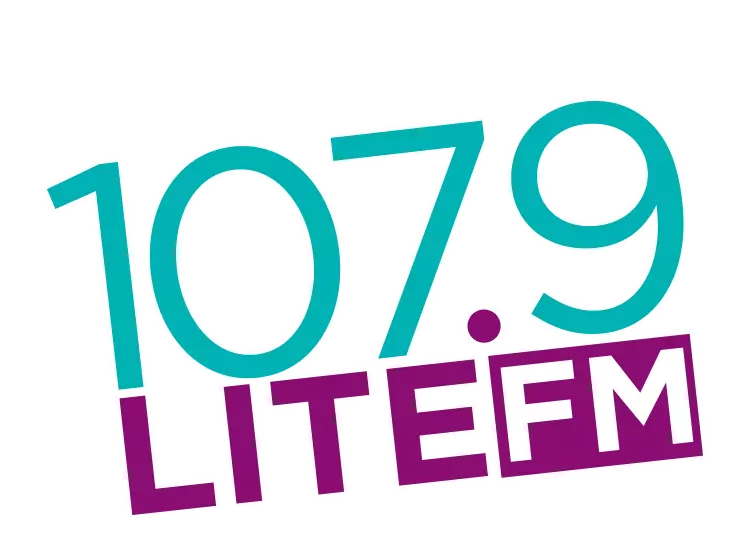
The Dire Consequences of Homemade Baby Formula
The national supply chain fallout effect is real, and no one is feeling it more than the families of formula-fed infants. Parents faced with the threat of formula-barren shelves are turning to homemade alternatives—an egregious practice according to the Federal Food and Drug Administration.
Untethered to the "breast is best" debate, the FDA endorses infant consumption of regulated commercial formula. Unregulated formula is another matter entirely.
Where commercial formulas must "meet [FDA] minimum nutritional and safety requirements," the American Academy of Pediatrics contends homemade formulas miss the mark.
Because of the delicate nature of an infant's nutritional requirements, the AAP warns against:
- the misconception that powdered cow milk and raw milk are acceptable substitutes;
- substituting formula in favor of almond and soy milks for infants 1-11 months-old;
- diluting powdered formulas;
- diluting ready-to-serve formulas;
- and supplementing with toddler drinks and formulas.
The health risks associated with homemade formula are innumerable and serious. Serious health concerns include critical vitamin deficits, contamination that leads to illness and infection, and malnourishment that subverts healthy development.
Families struggling to find or afford baby formula are encouraged to connect with Feeding America—a nonprofit with 200 foodbanks nationwide. Beneficiaries are assisted with infant formula, baby food, diapers, and additional care items. Search for your local food bank here.

Idaho's Most Popular Baby Names For Boys
What Was the Most Popular Baby Name in Idaho the Year You Were Born?
Top 100 Baby Names in Idaho



